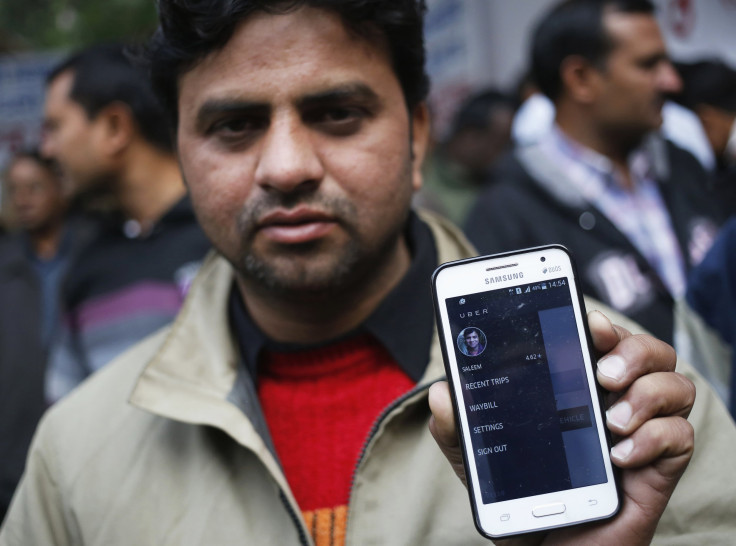Uber, SafetiPin Start Pilot Effort To Map Local Safety Perception In India

Uber Technologies Inc. will partner with Active Learning Solutions Pvt. Ltd. in a pilot effort to map the perceived safety in different parts of New Delhi, India, where a passenger was allegedly raped by her Uber cabbie in December. The effort will be started in New Delhi, but expanded to cover other cities and countries, the California-based ride-booking service said in a post on its website Monday.
The pilot involves using SafetiPin, a map-based mobile safety app that assigns safety scores to map locations based on safety audits done across the city, Uber said.
SafetiPin collects data on location conditions to generate a safety score for an area. It uses parameters such as lighting, openness, visibility, security, walking paths, crowd and gender diversity and density. The information is supplemented with comments and photographs from users of the app and trained safety auditors.
Over the next five months, Uber will depute and train drivers registered on its network to collect data, including nighttime photographs, at periodic intervals on the routes that they drive across the city.
In the coming months, Uber expects to expand this program to Bogotá, Colombia, and Nairobi, Kenya, with the aim of covering approximately 20,000 kilometers (about 12,400 miles) of city roads and areas, Uber said in the post.
© Copyright IBTimes 2024. All rights reserved.





















